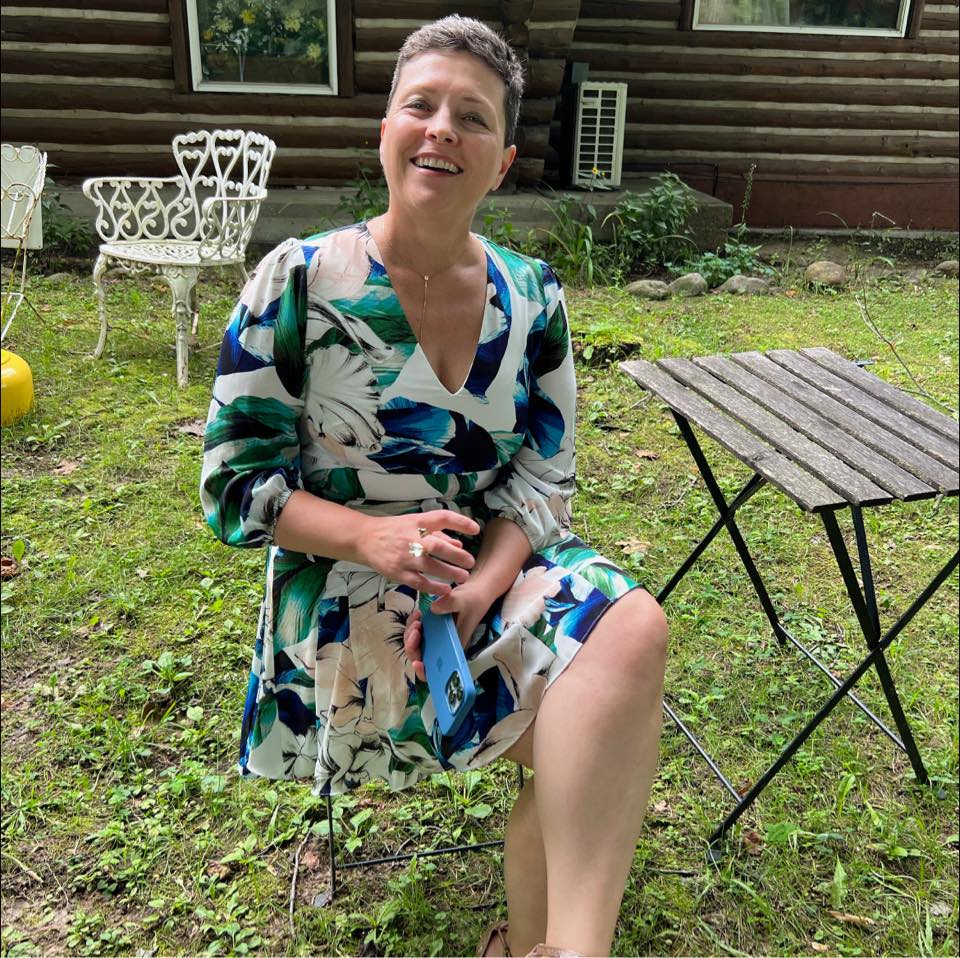The Teacher Effect: How One Special Instructor Can Change a Child’s Life
Most adults can name one special teacher—someone who made us feel seen, capable, and important. We may forget the unit they taught or the textbook they used, but we remember the steady presence, the raised expectations, the specific encouragement that made hard things feel possible. At Karate West, that memory is our north star. For more than 36 years, our goal has been simple and unwavering: to make a positive impact on every child who walks through our doors—so skill, confidence, and character grow together.
This article explains why great teaching matters so much, what the research says about self-esteem, self-efficacy, and belonging, and how a well-trained martial arts instructor can become one of those unforgettable adults in a child’s story. You’ll also find concrete checklists for spotting excellent instruction in any youth program and practical guidance for parents who want to partner with teachers for the best outcomes.
Why a Great Teacher Changes Everything
A strong teacher–student relationship amplifies learning, motivation, and behavior in ways that curriculum alone cannot.
• Relationships predict outcomes. Longitudinal work in education (e.g., Hamre & Pianta and subsequent studies) shows that warm, supportive teacher relationships in the early grades forecast better academic performance and fewer behavior problems years later. The mechanism is straightforward: when children feel known and safe, they engage more fully and persist longer.
• Belief becomes behavior. The classic Rosenthal & Jacobson “Pygmalion effect” demonstrated that teacher expectations shape student performance. When adults authentically expect growth—and communicate that belief through daily interactions—children tend to rise.
• Confidence drives effort. Albert Bandura’s theory of self-efficacy (task-specific confidence) shows that belief in one’s ability fuels persistence, resilience after setbacks, and willingness to take on challenging goals.
• Autonomy and belonging matter. Self-Determination Theory (Deci & Ryan) finds that young people thrive when three needs are met: competence (“I can do it”), autonomy (“I have some control”), and relatedness (“I belong here”). Great teachers engineer all three.
In simple terms, kids work hard for people who believe in them and show them how. That’s the teacher effect.
Self-Esteem vs. Self-Efficacy — And Why Both Need a Caring Adult
The terms are related but different:
• Self-esteem is a child’s global sense of worth (“I matter”).
• Self-efficacy is the belief “I can learn this specific thing” (this form, this kick, this combination).
Children don’t build durable self-esteem from praise alone. They build it from effort → progress → recognition loops, guided by a teacher who sets clear targets, teaches the steps, and celebrates honest improvement. Over time, self-efficacy compounds into self-respect. Research in school and youth-sport settings consistently finds that when adults provide competence-building challenges, autonomy-supportive coaching, and genuine care, children report higher self-esteem, better emotion regulation, and greater engagement.
What “Caring and Capable” Looks Like in Practice
Educational researchers often describe excellent instructors as “warm demanders”: adults who pair genuine warmth with high, non-negotiable expectations. In a youth martial arts setting, that translates to:
• Warmth – Using names, eye contact, and positive regard (“I’m glad you’re here”).
• Clarity – Demonstrating standards (“Watch my feet; now your turn”), breaking skills into visible steps.
• Challenge – Setting targets that are tough-but-doable; expecting full effort and focused practice.
• Feedback – Giving precise cues (“heel down,” “elbow tight,” “eyes on target”) and immediately reinforcing improvement.
• Dignity – Correcting behavior without shaming; praising process rather than personality (“You stuck with it for 60 seconds — that’s focus”).
This approach avoids two ineffective extremes: all warmth, no structure (pleasant but drifts) and all demand, no warmth (short-term compliance, long-term burnout). The sweet spot—warm + clear + challenging—is where confidence is born.
Why Martial Arts Is a Powerful Laboratory for Character
Great teaching can happen in any subject. Martial arts simply stacks the deck in favor of whole-child growth.
-
Visible progress. Belts, stripes, and skill checklists create frequent, concrete wins.
-
Short feedback cycles. Techniques are practiced in seconds and minutes—not weeks—so instructors can adjust in real time and students can feel change immediately.
-
Whole-body + whole-person. Classes blend fitness, coordination, and self-control into every session. Discipline is practiced as a skill, not demanded as a personality trait.
-
Belonging. The dojo is a predictable, positive community. Rituals of respect send a simple message: Everyone belongs, and everyone can grow.
When a child experiences that rhythm—try → adjust → try again → succeed—under the guidance of a caring instructor, the lesson spills into schoolwork, friendships, and home life.
The Research: Caring Teachers, Capable Kids
Parents often ask for the “evidence behind the feeling.”
• Teacher–student relationships and achievement – Supportive relationships correlate with higher grades and persistence.
• Feedback quality – Clear, task-focused feedback is one of the most powerful influences on learning.
• Classroom climate & behavior – Predictable routines, fair rules, and visible adult care improve self-regulation.
• Mental health & belonging – Structured, supportive environments improve emotion regulation and prosocial behavior.
• Resilience – One caring, non-parental adult often serves as a key protective factor for youth facing stress.
The through-line is consistent: capable, caring teachers don’t just teach skills; they change trajectories.
Inside Karate West: How We Prepare Teachers to Do This Work
Over three decades, we’ve learned that a great class is engineered, not improvised.
-
Safety, Dignity, and Belonging
• Warm starts and predictable flow reduce anxiety and free attention for learning. -
Progress You Can See
• Micro-goals and specific reinforcement link effort to outcome. -
The Challenge Ladder
• Every technique has rungs: easier → standard → stretch. -
Coaching the Person, Not Just the Skill
• Effort language, agency, and life connections turn physical lessons into life lessons. -
Consistency Over Time
• Families need rhythm, not chaos — deliberate curriculum and standards make growth visible.
How Great Teachers Reach Different Kids
Children bring different temperaments and needs. A skilled instructor adapts without lowering standards.
Overcoming Common Barriers (and What Works Instead)
(keep short Q&A format — minimal spacing edits needed)
The Long View: What Parents Tell Us After a Year
Our Promise to Families
For 36 + years, Karate West has invested in instructor development—coaching the coaches—so children feel both challenged and cherished. We hire for heart, train for craft, and evaluate relentlessly. The aim isn’t only great kicks or strong stances—it’s confidence, respect, and lifelong habits that last.
If you’re looking for a place where your child will be seen, guided, and encouraged by professional educators in gis, we’d be honored to meet you.
Key Takeaways
• Great teachers change trajectories.
• Self-efficacy fuels self-esteem.
• Warm demanders win.
• Martial arts builds visible progress.
• Engineered classes create consistent growth.
Special Introductory Offer
2-Week Trial + Uniform for Only $19
Give your child the chance to experience a caring, high-expectation teacher and a community that celebrates effort. Two weeks is enough to feel the rhythm, meet the instructors, and see the difference great teaching makes.
About the Author
Jan Stockton is a nationally recognized leader in children’s martial arts education and the founder of innovative physical education programs designed to support the whole child. A 3rd degree black belt, she is the co-founder of Karate West—one of Washington’s longest-running martial arts schools (est. 1989)—and founder of Great Start Karate, an online program serving homeschool families nationwide.
She is also the author of PE With a Purpose, where she empowers families to transform physical education into a powerful foundation for learning, focus, and character—just as she has done for thousands of children over three decades.










